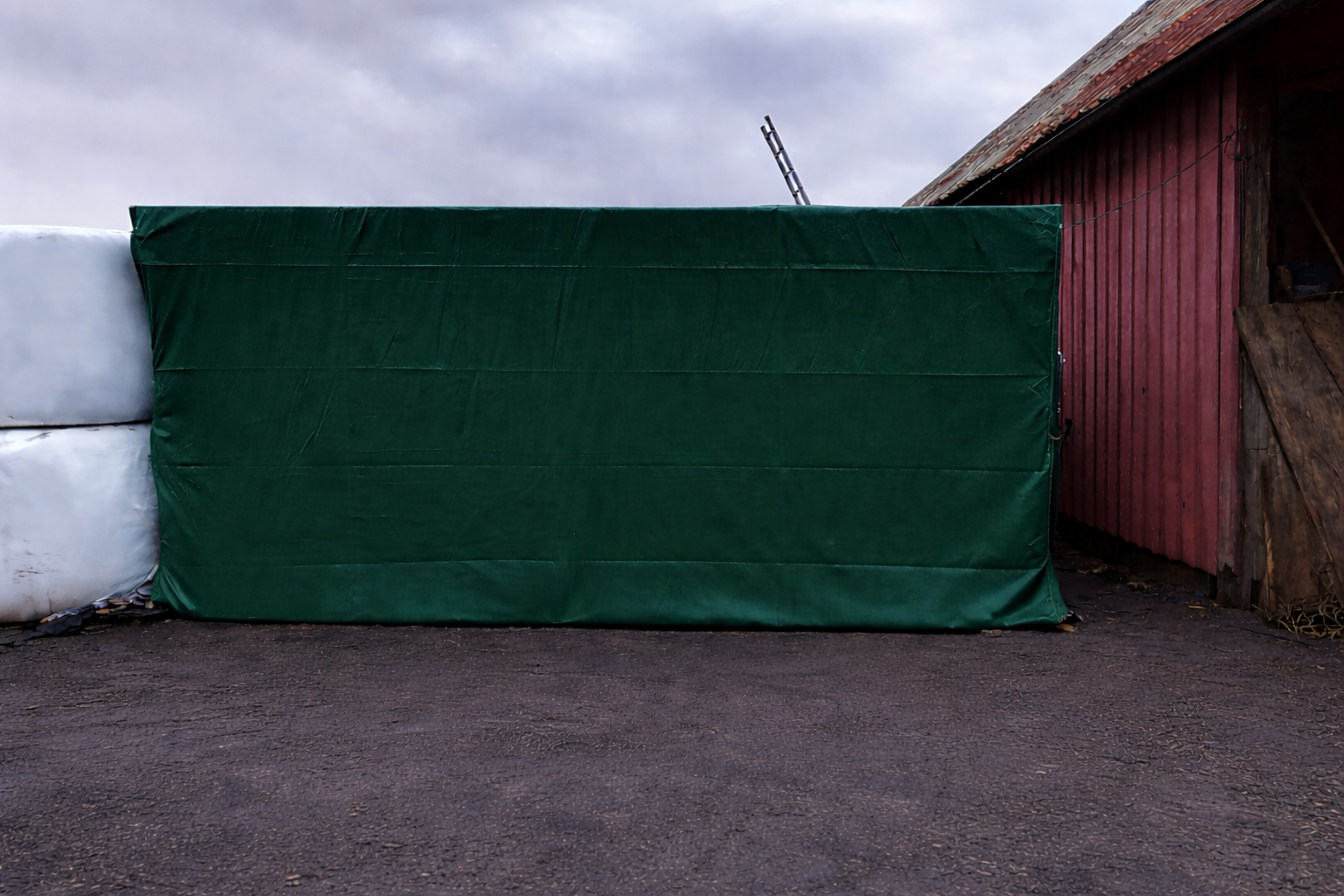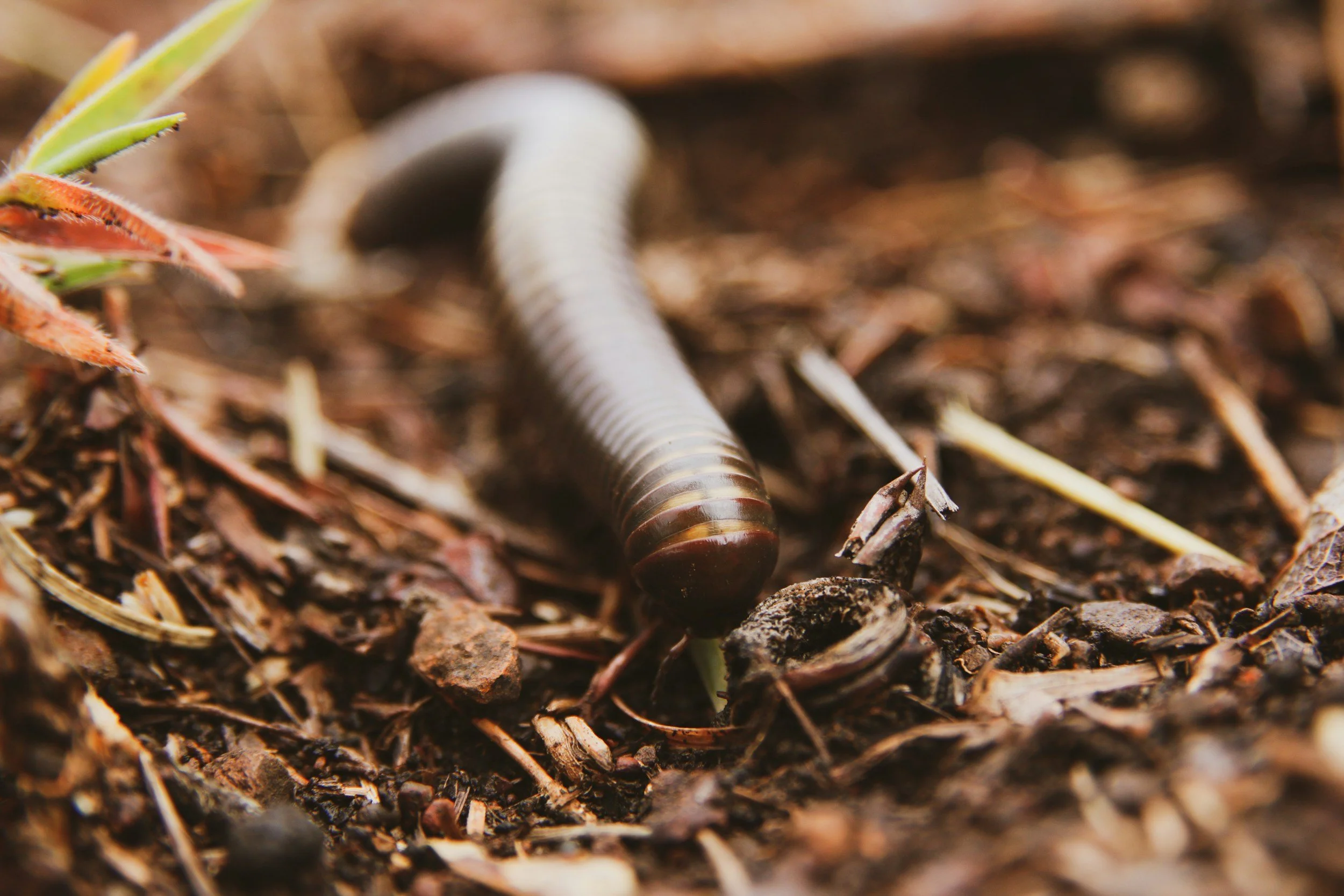
The Earth, Worms & Microbes Project
At Earth, Worms and Microbes Farm, our mission is to deepen knowledge and assess the commercial potential of cultivating beneficial microbes and compost worms in Southern Sweden. Through this project, we aim to produce high-quality worm castings, vermicompost, and nutrient-rich extracts that enhance soil fertility and plant health.
This initiative is built on insights shared by researchers, farmers, and experienced gardeners, whose collective knowledge informs our approach. A special thanks goes to the family at Sigvard Månsgård, whose invaluable support and participation have been instrumental in bringing this project to life.
Vermicompost vs. Worm Castings
While both vermicompost and worm castings contribute to soil enrichment, they are produced through distinct processes:
Vermicompost Production: This method begins with the creation of thermophilic compost using a Johnson-Su bioreactor. Once the compost completes its heating phase and naturally cools, compost worms are introduced to transform it into nutrient-dense vermicompost.
Worm Castings Production: Dedicated worm beds are fed a carefully selected diet based on seasonal availability. This includes thermophilic compost, vegetable scraps, coffee grounds, and other organic materials that provide the optimal environment for worms to generate high-quality castings.
By continuously refining our methods and sharing our findings, we aim to support Swedish growers—both gardeners and farmers—in cultivating healthier, more resilient plants through the power of improved soil biology.
The Benefits and Value of Vermicompost & Worm Castings
At Earth, Worms and Microbes Farm, we believe that healthy soil is the foundation of thriving plants and sustainable agriculture. Vermicompost and worm castings offer a natural, science-backed solution for enhancing soil fertility—delivering measurable benefits when used in combination with effective soil management practices.
-
Provides essential, plant-available nutrients that support seedlings and growing plants.
Enhances root development and overall plant health.
-
Introduces a diverse community of beneficial indigenous microbes, essential for building healthy, living soils.
Microbial activity converts existing soil nutrients into plant-available forms, improving nutrient efficiency.
-
Reduces reliance on synthetic fertilizers and chemical inputs, lowering costs over time.
Builds organic matter by supporting root growth and microbial life cycles, enriching the soil naturally.
-
Enhances soil aeration, water retention, and air-holding capacity for better plant resilience.
Reduces soil compaction over time, leading to improved soil texture and ease of cultivation.
-
Compost worms play a critical role in breaking down organic matter and neutralizing harmful bacteria, such as Salmonella and E. coli, contributing to a safer and more balanced soil ecosystem.
By harnessing the natural power of earthworms and microbes, vermicompost and worm castings help create stronger plants, healthier soils, and a more sustainable future. Whether you’re a home gardener, a commercial grower, or a regenerative farming advocate, these organic solutions can unlock the full potential of your soil—from the ground up.
Phase One
June 2023 to June 2024
The results of this initial trial showed that compost worms could survive the winter in an outdoor unit. A reasonable quality vermicompost is produced from deep sheep litter and some forest floor litter to add fungal spores/hyphae. The number of beneficial protozoa is above the minimum requirement.
Pictured: sheep litter, garden cuttings and other vegetable material converted into a microbial rich earthly soil amendment.
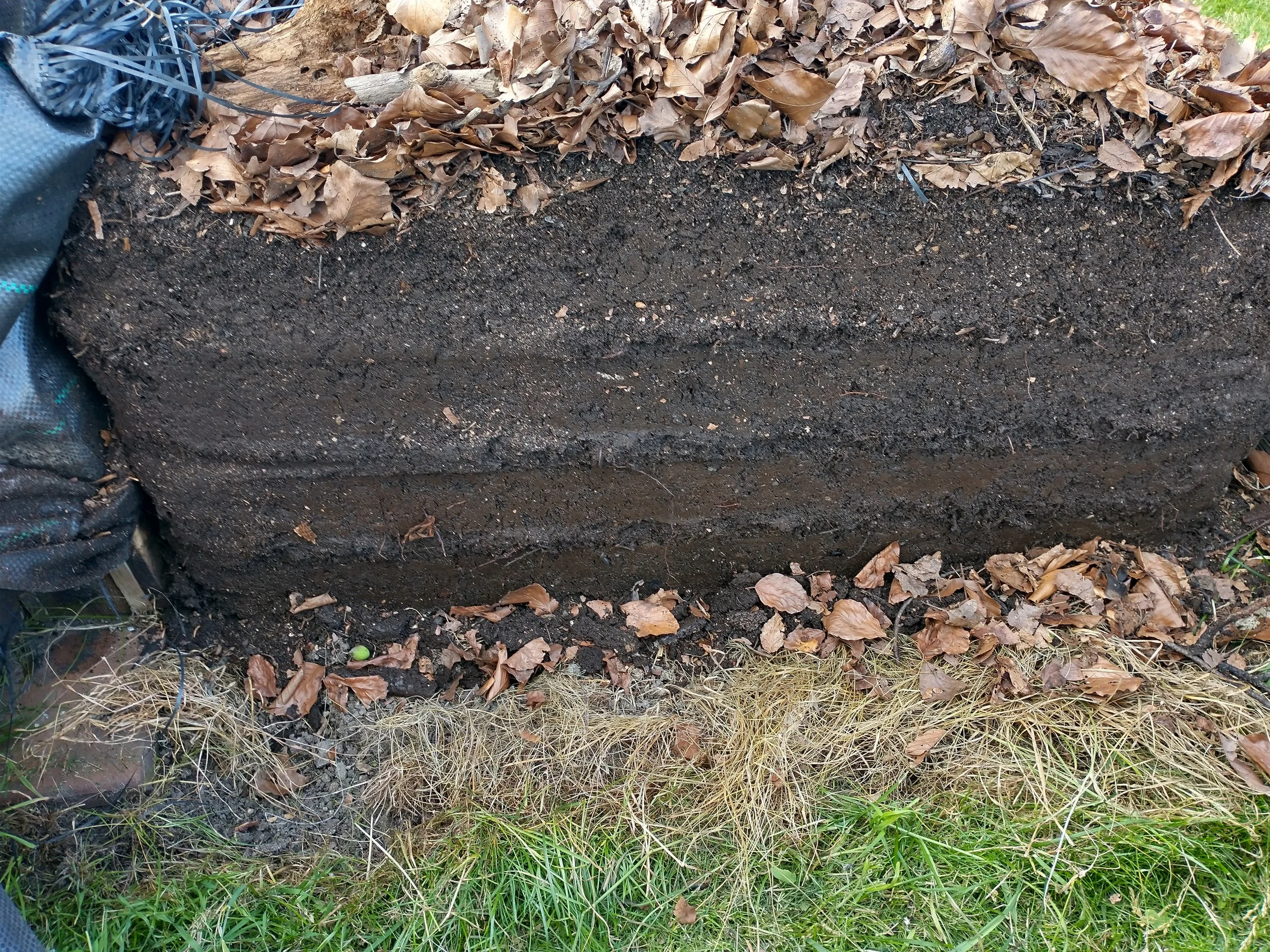
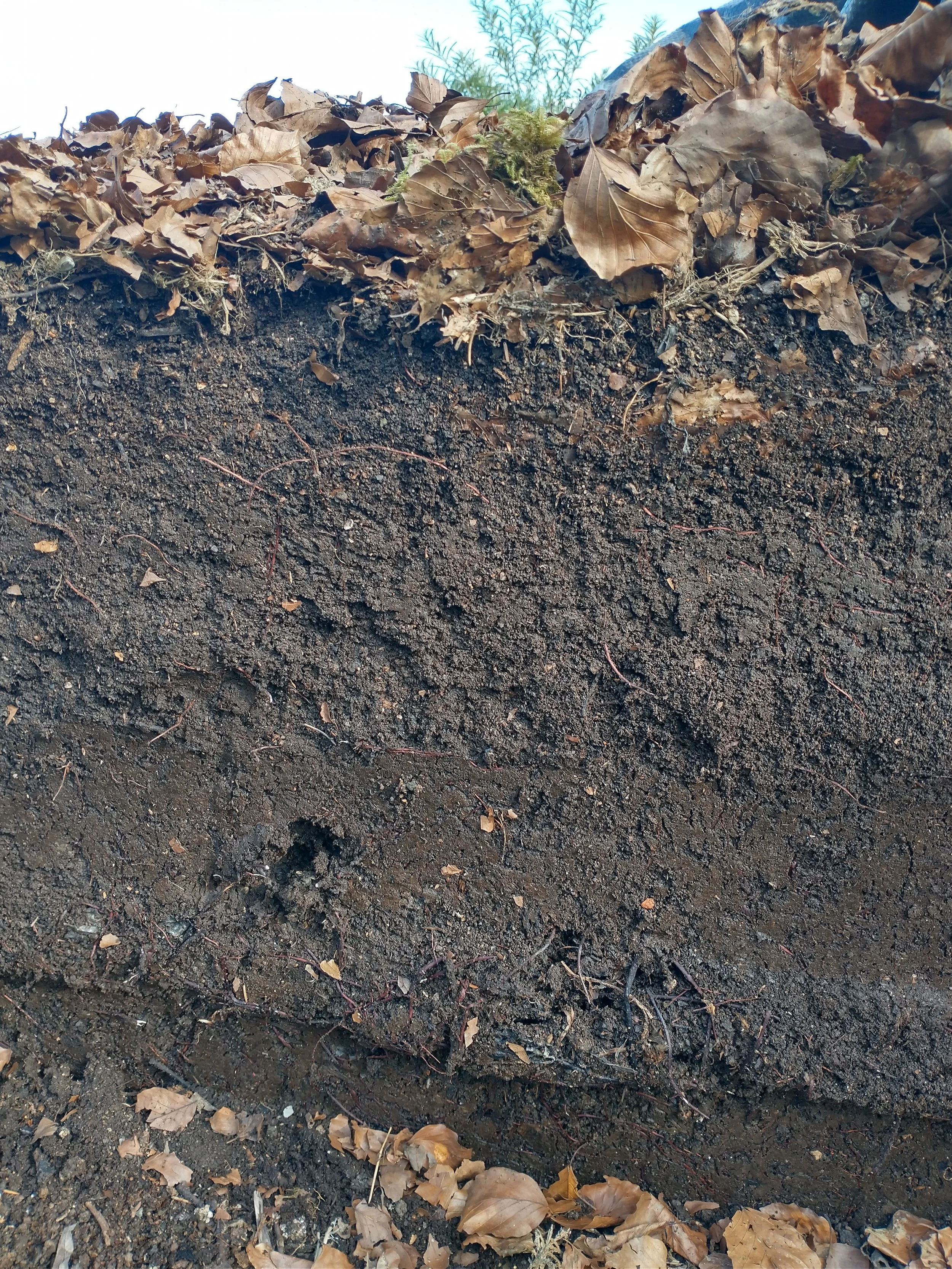
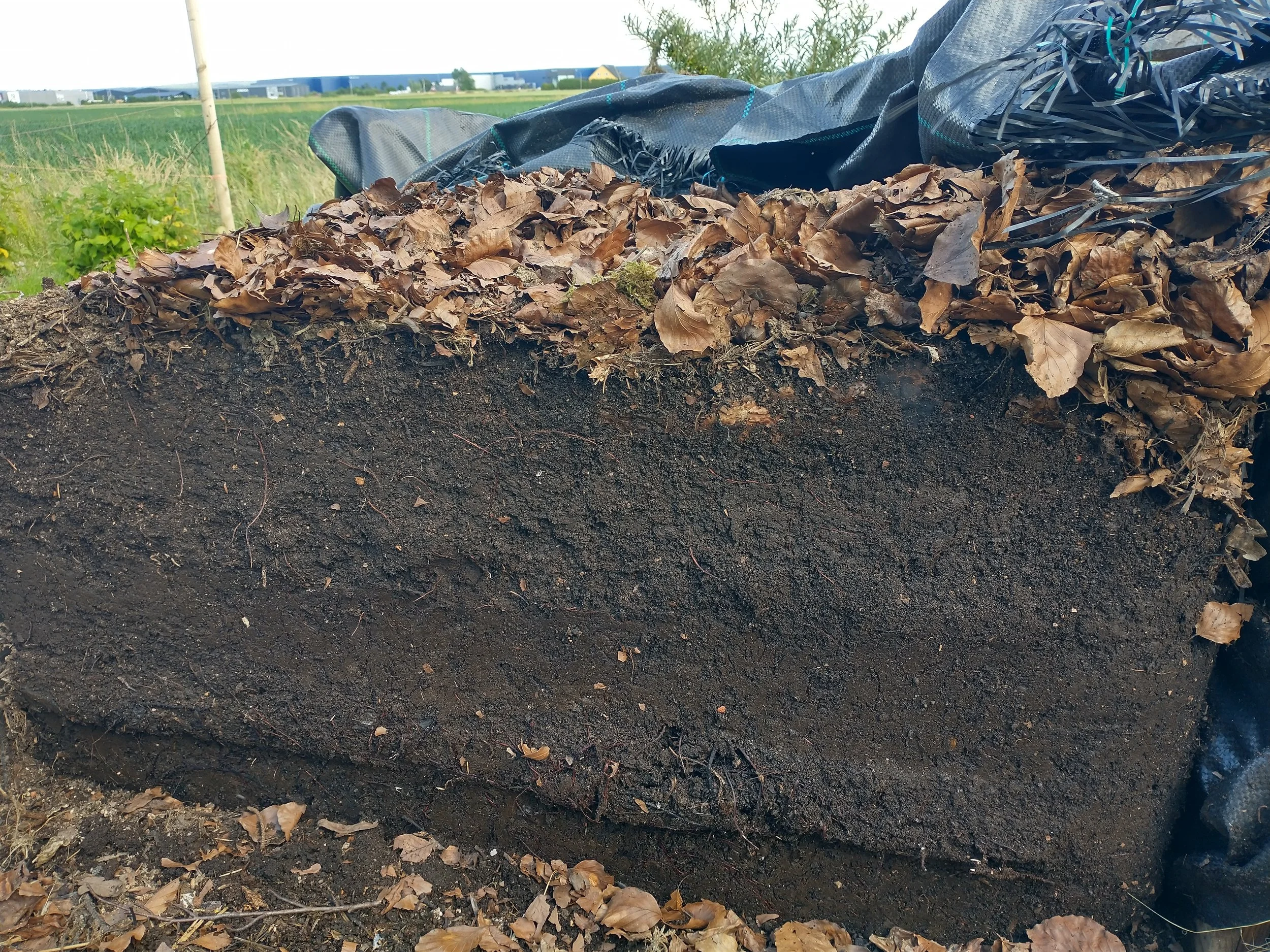
Phase Two
August 2024 to September 2025
Following the promising results from our 2023-2024 trials, we are moving forward with a larger proof-of-concept study to further evaluate the commercial viability of farming compost worms and beneficial microbes on a small-scale commercial basis.
Scaling Up the Process
Phase Two introduces:
Five vermicompost towers, inspired by the Johnson-Su Bioreactor design, to optimize microbial diversity and soil enrichment.
Six worm casting totes, repurposed from 1000-liter IBC tanks, to enhance production efficiency and scale.
Looking Ahead
As Phase Two progresses, we will continue to analyze, document, and share insights to help individuals and businesses harness the power of compost worms and beneficial microbes. By bridging science with practical application, we aim to support the development of healthier soils, stronger crops, and a more sustainable agricultural future.
-
This phase is designed to deepen our understanding of the biological, commercial, and regulatory aspects of vermiculture and microbial soil enhancement. The main areas of focus include:
-
Enhancing populations of nematodes, protists, bacteria, fungal hyphae, and fungal spores, all essential for improving soil health and promoting resilient plant growth.
-
Measuring production rates of vermicompost and worm castings under real-world outdoor conditions, assessing their scalability and seasonal impacts.
-
Testing, refining, and identifying the most effective techniques for producing high-quality soil amendments.
-
Understanding and navigating legal and regulatory requirements for operating a commercial vermiculture and microbial farming business.
Phase Three
October 2025 -
During September 2025 “Jordbruksverket” Ministry of Agriculture confirmed that the worm castings could be sold to end users. In spring 2026 we will be in a position to sell prime worm castings locally.
Improving the Process
2025 -2026:
IBC Worm tanks are now under shelter.
During 2025 we have composted deep straw litter and have a good food and bedding supply for the worms.
-
Increase production of worm castings.
Start marketing and selling premium worm castings in Southern Sweden in early 2026.
-
The cold windy weather has a major negative impact on the production of worm castings. For the 2025 - 2026 winter the insulation on IBC tanks has been improved. All tanks are now protected from the worst weather. We have constructed a canvas tent shelter to house the IBC tanks. As of December 2025 we have seen an improvement the worms activity.
-
This is an ongoing exercise.
Increased availability of shredded cardboard has made a difference.
-
In September 2025 the Ministry of Agriculture confirmed that we could sell worm castings to end users.
At the time of writing we are awaiting a response from another regulatory body to confirm that we are in compliance.


